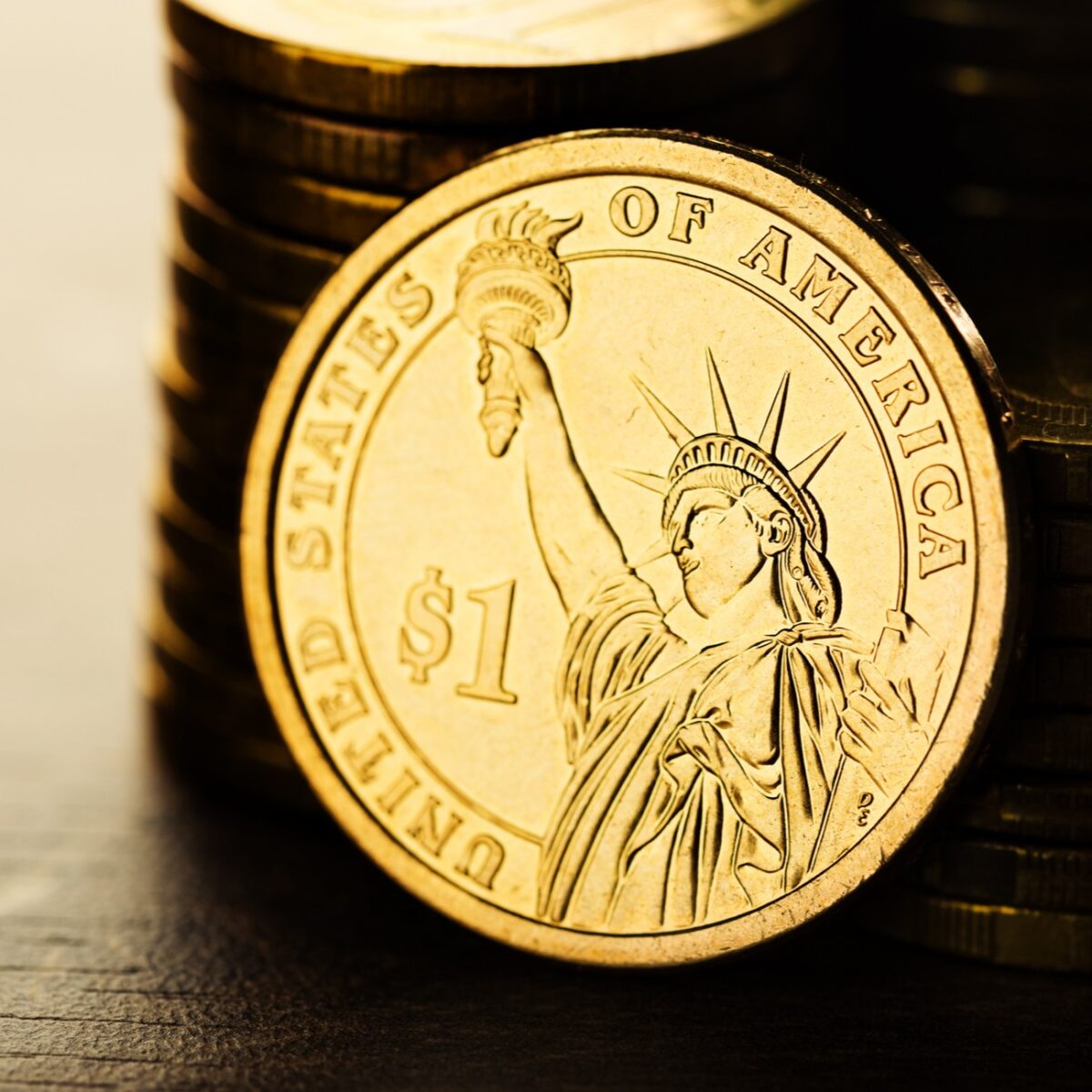PALO ALTO, Calif. (Reuters) - The Federal Reserve is taking a look at a broad series of issues around digital payments and currencies, consisting of policy, design and legal considerations around possibly providing its own digital currency, Guv Lael Brainard said on Wednesday. Brainard's remarks suggest more openness to the possibility of a Fed-issued digital coin than in the past." By changing payments, digitalization has the potential to provide greater value and convenience at lower cost," Brainard said at a conference on payments at the Stanford Graduate School of Business.
Reserve banks internationally are discussing how to handle digital financing innovation and the dispersed ledger systems used by bitcoin, which guarantees near-instantaneous payment at potentially low expense. The Fed is establishing its own round-the-clock real-time payments and settlement service and is currently reviewing 200 remark letters sent late in 2015 about the proposed service's design and scope, Brainard stated.
Less than 2 years ago Brainard informed a conference in San Francisco that there is "no engaging showed requirement" for such a coin. But that was before the scope of Facebook's digital currency aspirations were commonly known. Fed officials, including Brainard, have raised issues about customer defenses and information and privacy hazards that could be positioned by a currency that might enter into use by the third of the world's population that have Facebook accounts.

" We are collaborating with other main banks as we advance our understanding of main bank digital currencies," she said. With more nations checking out issuing their own digital currencies, Brainard stated, that includes to "a set of factors to also be making sure that we are that frontier of both research study and policy development." In the United States, Brainard stated, concerns that need study include whether a digital currency would make the payments system much safer or simpler, and whether it could posture monetary stability risks, consisting of the possibility of bank runs if money can be turned "with a single swipe" into the main bank's digital currency.
To counter the monetary damage from America's unmatched national lockdown, the Federal Reserve has actually taken extraordinary steps, including flooding the economy with dollars and investing directly in the economy. The majority of these moves received grudging acceptance even from numerous Fed skeptics, as they saw this stimulus as required and something just the Fed might do.
My new CEI report, "Government-Run Payment Systems Are Unsafe at Any Speed: The Case Against Fedcoin and FedNow," information the threats of the Fed's current plans for its FedNow real-time payment system, and proposals for main bank-issued cryptocurrency that have been called Fedcoin or the "digital dollar." In my report, I go over concerns about personal privacy, data security, currency control, and crowding out private-sector competition and development.
Advocates of FedNow and Fedcoin say the federal government should produce a system for payments to deposit immediately, instead of encourage such systems in the economic sector by raising regulative barriers. However as kept in mind in the paper, the economic sector is supplying a seemingly unlimited supply of payment innovations and digital currencies to solve the problemto the extent it is a problemof the time space between when a payment is sent out and when it is gotten in a savings account.
And the examples of private-sector development in this location are many. The Cleaning House, a bank-held cooperative that has actually been routing interbank payments in various forms for more than 150 years, has actually been clearing real-time payments since 2017. By the end of 2018 it was covering half of the deposit base in the U.S.